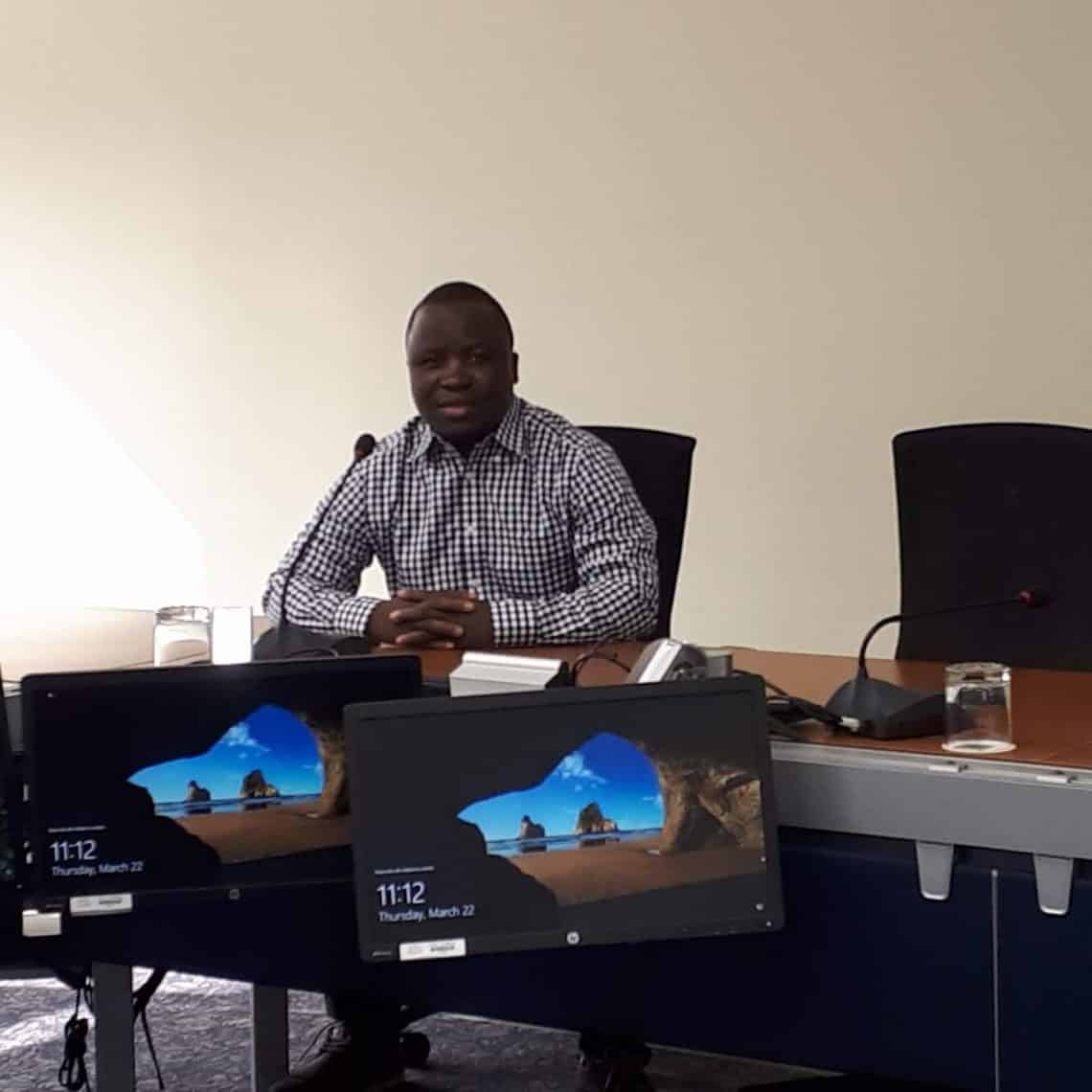Taking Lessons from Canada
By Elmond Bandauko
During the 70th Annual Conference of the Institute of Public Administration (IPAC) which was held in Quebec between the 19th to 22nd of August 2018, policy innovation was at the centre of the workshop discussions. The increased complexity of policy problems requires public administrations to be agile, creative and innovative as conventional intervention approaches cannot always produce desired policy outcomes. Policy innovation is about creating new policies or regulations and programs and services that could lead to a very significant improvement in outcomes or experiences for the public. Innovation units, labs and teams are becoming increasingly important within the Canadian public sector, as demonstrated by the number of units that have been established in recent years.
What are Policy Innovation Labs (PILs) and why are they important in policy design?
In recent years, governments all over the world have been embracing new and innovative ways to develop public policies and design public services, from crowdsourcing to human-centred design thinking. This trend in government innovation has led to the rise of the Policy Innovation Lab (PIL): individual units, both inside and outside of government, that apply the traditional principles of scientific laboratories – experimentation, testing, and measurement – to social problems. PILs are an increasingly important development in public policy making, with a variety of methods and approaches to building relationships between governments, organizations, and citizens, and generating ideas and designing policy.
Brief Profiles of Selected Policy Innovation Labs in Canada
There are various PILs that have been established across Canada. They focus on innovations in many different policy domains including economic development, urban planning, digital economy, transportation, housing, social services among others. The following are just examples of some of the vibrant PILs:
CityLab, Edmonton (Alberta)
‘An urban laboratory that supports and enables small, temporary placemaking projects that get people talking about urban planning.’ Using ‘placemaking’ as a tool to engage in conversations about how cities evolve, to connect people to places and to each other, to learn by testing or piloting innovative ideas, and to highlight City planning goals. The CityLab provides resources and materials to clients to help test new ideas.
CityStudio, Vancouver (British Columbia)
Focused on co-creation of experimental projects to make Vancouver more sustainable, liveable, and joyful for citizens. Also aimed at providing practical learning experiences for collaborating students to help them find work, and to contribute to a global shift in education to make positive social change. Vision is to co-create a city where students are deeply engaged inside City Hall.
Local Economic Development Lab (LEDlab), Vancouver (British Columbia)
Modelled on global social change labs, with a focus on understanding conditions required for inclusive and sustainable economic development in disadvantaged urban communities and building solutions by engaging stakeholders. Connect graduate students with local organizations to accelerate community-designed and driven social enterprise and bring stakeholders to a ‘social innovation lab’ to share skills and knowledge and lead to long-term community support and systemic change.
Policy Horizons Canada, Ottawa (Ontario)
Mandated to provide ‘foresight’ to help the federal public service anticipate emerging policy challenges and opportunities for Canada in a rapidly changing and complex world. Its vision is to promote sustainable, high quality of life for Canadians through the co-creation and advancement of knowledge that informs federal policy decisions. Its mission is to provide timely and integrated perspectives on emerging policy issues for the Deputy Minister community by bringing together people, ideas, data, and evidence in an open and constructive environment, in order to experiment with new tools/methods, and understand and address complex policy challenges.
Evergreen CityWorks, Toronto (Ontario)
A ‘living lab’ with the aim to present, test, and share new techniques for encouraging urban innovation and sustainability. Focused on municipal/urban policy and governance, with projects related to environmental sustainability, transportation, energy, and water/waste systems and housing. The innovation lab partners with different stakeholders to design innovative solutions that make cities sustainable.
MaRS Solutions Lab
Raise public awareness about issues of competitiveness and prosperity. Use research to propose innovations in public policy to stimulate businesses, governments, and educational institutions to act for the sake of increasing competitiveness, productivity, and the capacity for innovation. The approach to innovation is through: helping understand social and economic challenges from citizens’ perspectives, convening stakeholders to develop, prototype, and scale new solutions and building capacity for social change by working with governments to create new policies, redesign public services, and create learning communities.
There is clearly a vibrant public-sector innovation landscape in Canada, with numerous PILs using a variety of methods across different levels of government and policy sectors. As the Government of Zimbabwe is now calling on Universities to be centres of innovation, there is urgent need to create strong partnerships between NGOs, public sector organisations, international research institutes and the private sector to build a culture of innovation within our own public institutions.
